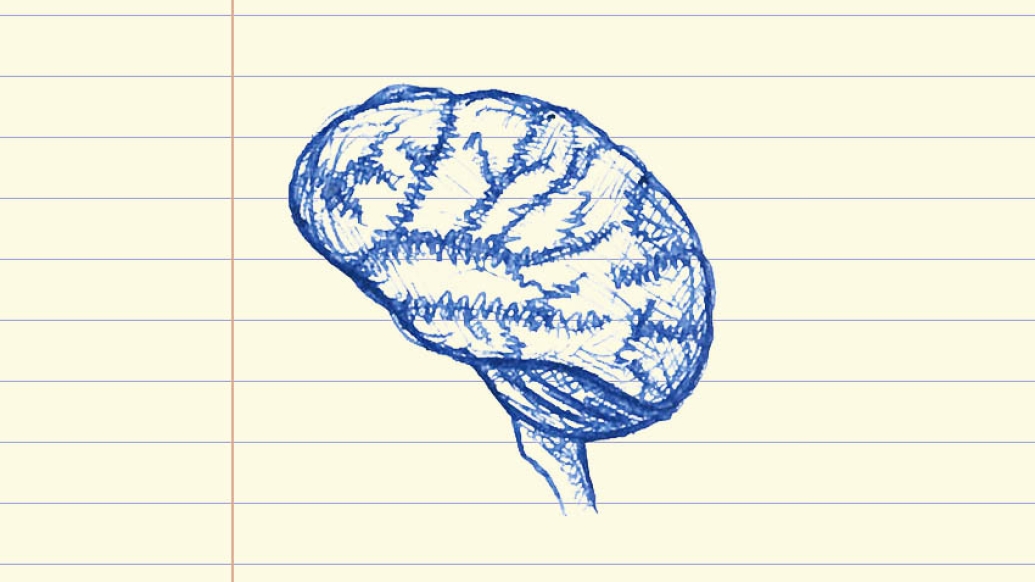A new study finds adults with traumatic spinal cord injury are at an increased risk of developing mental health disorders and secondary chronic diseases compared to adults without the condition.
10:51 AM
Author |

In a new study, published in Mayo Clinic Proceedings, researchers from Michigan Medicine find adults with spinal cord injury are at a higher risk of developing mental health disorders, including depression and anxiety, compared to adults without the condition.
The research team examined insurance claims data for adults, both with traumatic spinal cord injury and those without the condition, enrolled in a health insurance plan for at least three consecutive years and their diagnosis of a mental health disorder. In particular, they found adults with spinal cord injury had a higher incidence of anxiety disorders (19.3% vs 14.1%), depressive disorders (29.3% vs 9.3%), and psychological multimorbidity, or having more than two mental health conditions (37.4% vs 23.9%), as compared to adults without spinal cord injury.
"We also found that individuals with spinal cord injury had an increased risk of developing other chronic diseases, including cardiovascular and pulmonary diseases, diabetes, liver disease, cancer, arthritis, circulatory conditions and electrolyte disorders," says Mark Peterson, Ph.D., M.S., FACSM, the Charles E. Lytle, Jr. Research Professor in physical medicine and rehabilitation at Michigan Medicine and the lead author of the study. "Which makes sense, as patients with spinal cord injuries have extreme sedentary behavior including prolonged bed rest after injury."
Denise Tate, Ph.D., ABPP, FACRM, a professor of physical medicine and rehabilitation at Michigan Medicine and the senior author of the study, notes that much of the past research regarding spinal cord injury focuses on physical health outcomes. She says this study highlights the need for understanding this patient population's mental health and clinical care needs, as they're critical to overall quality of life and well-being in patients with spinal cord injury.
Peterson agrees, "Clinicians caring for adults with spinal cord injury need to be aware of the increased risk of developing mental health disorders in this patient population. This may be particularly important during these recent times of social distancing due to COVID-19, as these patients often already experience social isolation."
Paper cited: "Psychological Morbidity and Chronic Disease Among Adults With Traumatic Spinal Cord Injuries," Mayo Clinic Proceedings. DOI: 10.1016/j.mayocp.2019.11.029

Explore a variety of healthcare news & stories by visiting the Health Lab home page for more articles.

Department of Communication at Michigan Medicine
Want top health & research news weekly? Sign up for Health Lab’s newsletters today!





